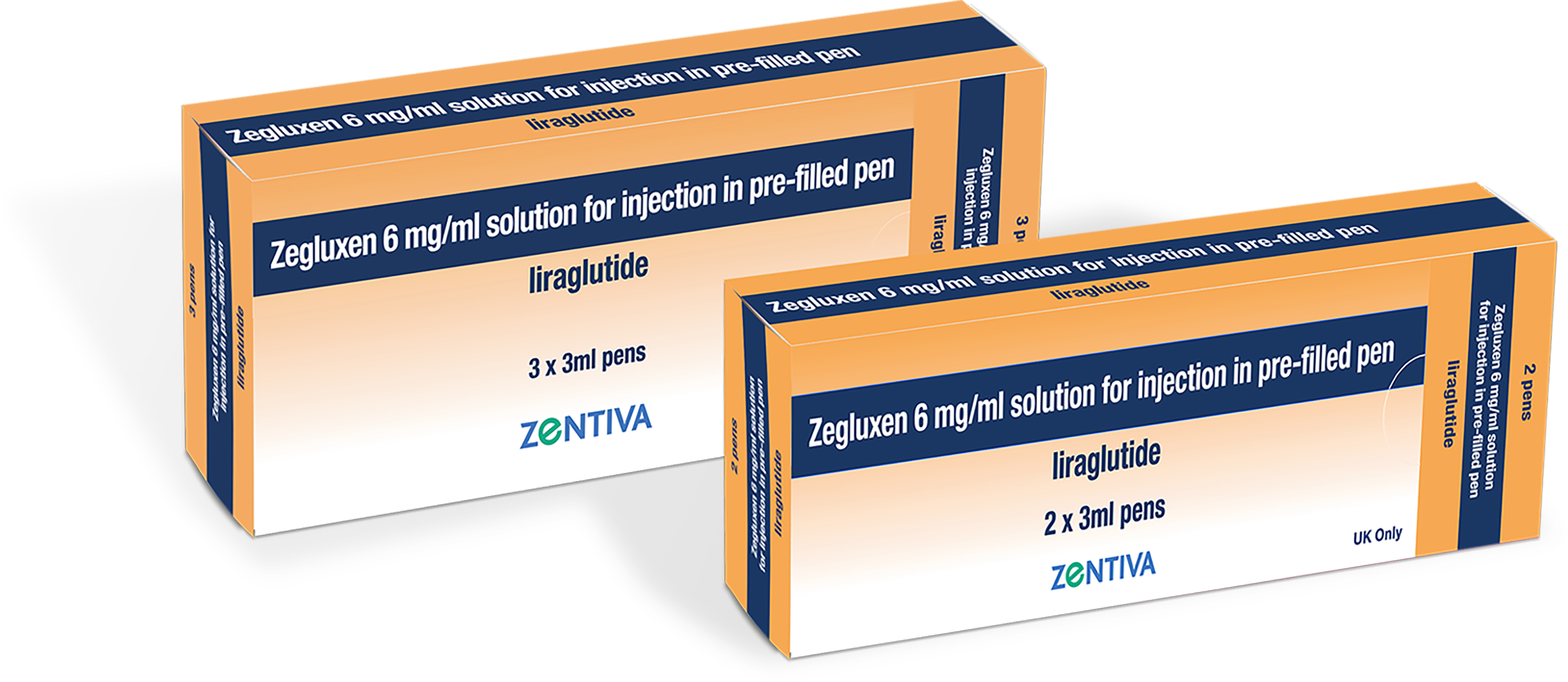Special warnings and precautions for use
The information below provides details on patients where liraglutide is contraindicated or where caution and vigilance should be taken when prescribing.

The information below provides details on patients where liraglutide is contraindicated or where caution and vigilance should be taken when prescribing.
Liraglutide should not be used in patients with type 1 diabetes mellitus or for the treatment of diabetic ketoacidosis.1
Liraglutide is not a substitute for insulin. Diabetic ketoacidosis has been reported in insulin-dependent patients after rapid discontinuation or dose reduction of insulin (see section 4.2 of the SmPC)1
There is no therapeutic experience in patients with congestive heart failure New York Heart Association (NYHA) class IV, and liraglutide is therefore not recommended for use in these patients.1 There is limited experience in patients with inflammatory bowel disease and diabetic gastroparesis. Use of liraglutide is not recommended in these patients since it is associated with transient gastrointestinal adverse reactions, including nausea, vomiting and diarrhoea.1
Acute pancreatitis
Acute pancreatitis has been observed with the use of GLP-1 receptor agonists. Patients should be informed of the characteristic symptoms of acute pancreatitis. If pancreatitis is suspected, liraglutide should be discontinued; if acute pancreatitis is confirmed, liraglutide should not be restarted (see sections 4.8 and 5.1 of the SmPC).1
Thyroid disease
Thyroid adverse events, such as goitre, have been reported in particular in patients with pre-existing thyroid disease. Liraglutide should therefore be used with caution in patients with thyroid disease.1
Hypoglycaemia
Patients receiving liraglutide in combination with a sulfonylurea or insulin may have an increased risk of hypoglycaemia (see section 4.8 of the SmPC). The risk of hypoglycaemia can be lowered by a reduction in the dose of sulfonylurea or insulin.1
Dehydration
Signs and symptoms of dehydration, including renal impairment and acute renal failure, have been reported in patients treated with liraglutide. Patients treated with liraglutide should be advised of the potential risk of dehydration in relation to gastrointestinal side effects and take precautions to avoid fluid depletion.1
Excipients
For patients with hypersensitivity to sodium, liraglutide contains less than 1 mmol sodium (23 mg) per dose, therefore the medicinal product is essentially ‘sodium-free’.1

1. Zegluxen® (liraglutide) Summary of Product Characteristics.
000697562 | December 2024


